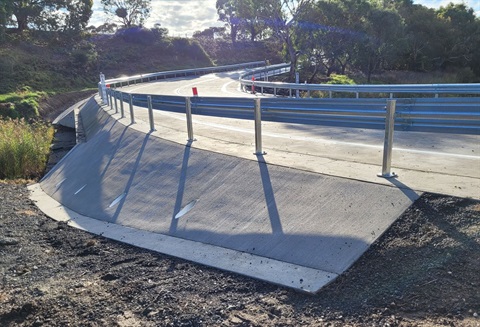Young research talents Ilja Voets and Tom de Greef receive a Consolidator Grant of 2 million euros from the European Research Council (ERC), with which they can develop their own line of research. With his grant, De Greef wants to create a working DNA computer that uses the processing power of molecules to process and store biological information. Voets will develop new materials that, inspired by antifreeze proteins from nature, make it possible to preserve tissue or donor organs frozen for longer. Both researchers work at the Institute for Complex Molecular Systems (ICMS).
That DNA, the carrier of our hereditary information, can also form the basis for a new kind of computer has become increasingly clear in recent years. On paper, DNA has an enormous memory capacity, and you can do parallel calculations at tremendous speed. And no, a DNA computer is not for your desk. It is in fact a collection of DNA molecules floating in blood that do ‘a calculation’ by interacting with each other or with other molecules, like antibodies and proteins.

Hundreds of signals
Eventually, such a DNA computer can be used to make diagnoses, fight diseases, but also to continuously monitor blood values and automatically adjust medication accordingly. Biomedical engineer Tom de Greef sees that this technology is now beginning to take off. “The first publications on DNA computing date back to the nineties, but now we are at a breaking point that things are really starting to take off.”
With his project AMIGA (named after his first PC), De Greef expects to make an important contribution to this. For the first time, he is going to bring together existing separate elements in a single system that is capable of receiving, processing ánd storing molecular signals on a hard drive of DNA. “We package the molecular components in a kind of capsule and by connecting them together all kinds of processes go faster and there is less loss of signals”, says De Greef. In this way he hopes to scale up the technology and be able to process up to hundreds of different signals simultaneously.
Miraculous proteins
Professor Ilja Voets is going to use her ERC grant to create long-dreamed new materials inspired by antifreeze proteins. These miraculous proteins ensure that the blood of animals, such as arctic fish and snow fleas, does not freeze in the cold environment in which they live. They prevent the formation and further growth of ice crystals, allowing the blood to continue to flow in order for the animals to survive.

The chemist sees an opportunity in these proteins to store donor organs longer. “A donor heart, for example, can only survive four hours outside the body, which is in most cases too short to transplant successfully,” says Voets. “My ultimate goal is that we can store a heart at a very low temperature for much longer, without damaging the tissue. In regenerative medicine, too, this ‘cryopreservation’ offers opportunities to better preserve cells or improve drug testing.
After having studied the effect of antifreeze proteins in detail over the past few years, Voets is now taking the first step towards synthetic materials inspired by the proteins with this ERC project. With so-called polyamides, composed of amino acids, Voets hopes to emulate the most favorable properties of antifreeze proteins that enable tissue preservation. These include, for example, the way the materials suppress explosive ice growth and promote blunt ice crystal shapes that do not pierce cells.
ERC Consolidator grants
The ERC’s mission is to encourage the highest quality research in Europe through competitive funding and to support frontier research across all fields, on the basis of scientific excellence. ERC grants allow Europe’s brightest minds to identify new opportunities and directions in any field of research and catalyze new and unpredictable scientific and technological discoveries.
The ERC Consolidator Grants are awarded to outstanding researchers of any nationality and age, with at least seven and up to twelve years of experience after PhD, and a scientific track record showing great promise.







